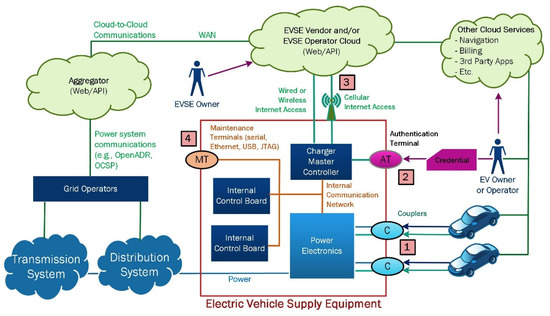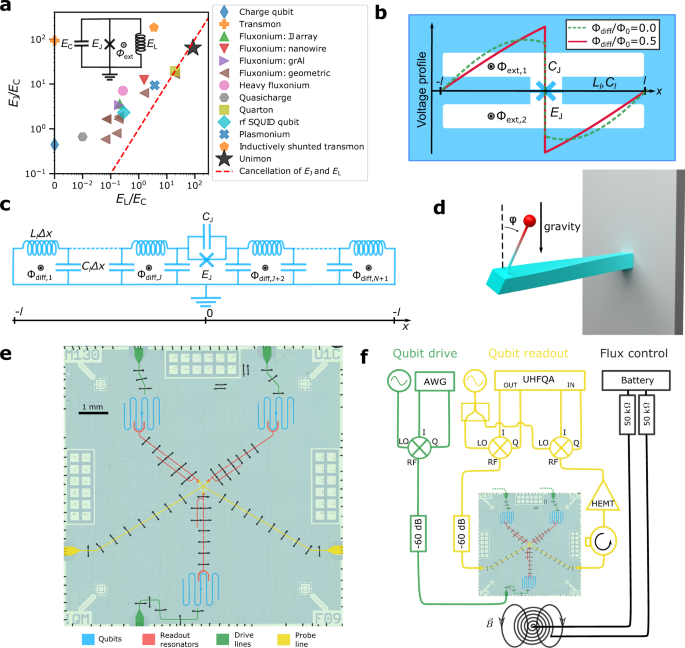脆弱性の見直しは、グリッド保護の優先順位付けと政策立案者への情報提供に役立つ。 Review of vulnerabilities helps prioritize grid protections, informs policy makers
2022-11-15 サンディア国立研究所(SNL)
この調査では、各インターフェースにいくつかの脆弱性があることが指摘されている。例えば、車両から充電器への通信は、50ヤード以上離れたところから傍受され、充電セッションを終了させられる可能性がある。電気自動車のオーナーインターフェースは、主に個人情報の盗用や充電器の価格変更に脆弱であることがわかった。ほとんどの電気自動車用充電器は、ファイアウォールを使用してインターネットから分離して保護していますが、研究者は、一部のシステムがそうなっていないことを発見しました。さらに、一部のシステムが悪意のあるファームウェアのアップデートに脆弱であることを発見した。
<関連情報>
電気自動車用充電器のサイバーセキュリティの脆弱性、潜在的な影響、および防御策に関するレビュー Review of Electric Vehicle Charger Cybersecurity Vulnerabilities, Potential Impacts, and Defenses
Jay Johnson,Timothy Berg,Benjamin Anderson and Brian Wright
Energies Published: 26 May 2022
DOI:https://doi.org/10.3390/en15113931

Abstract
Worldwide growth in electric vehicle use is prompting new installations of private and public electric vehicle supply equipment (EVSE). EVSE devices support the electrification of the transportation industry but also represent a linchpin for power systems and transportation infrastructures. Cybersecurity researchers have recently identified several vulnerabilities that exist in EVSE devices, communications to electric vehicles (EVs), and upstream services, such as EVSE vendor cloud services, third party systems, and grid operators. The potential impact of attacks on these systems stretches from localized, relatively minor effects to long-term national disruptions. Fortunately, there is a strong and expanding collection of information technology (IT) and operational technology (OT) cybersecurity best practices that may be applied to the EVSE environment to secure this equipment. In this paper, we survey publicly disclosed EVSE vulnerabilities, the impact of EV charger cyberattacks, and proposed security protections for EV charging technologies.



